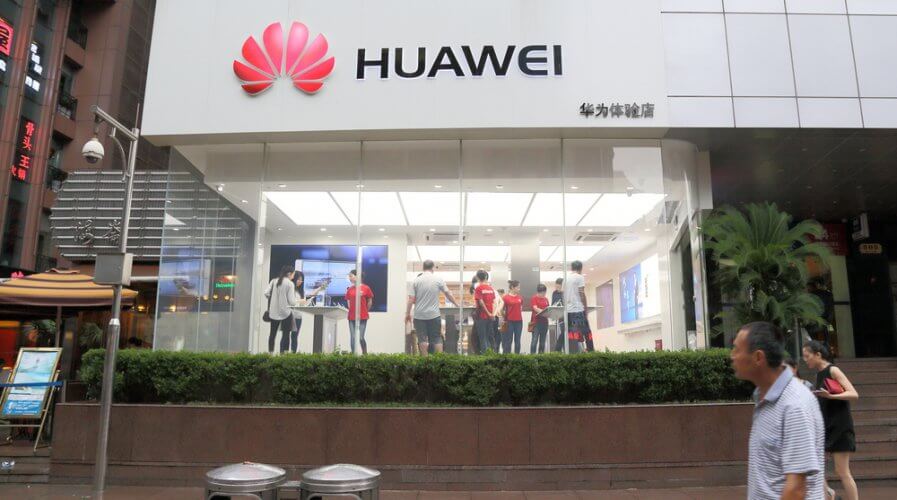
Is Huawei mending fences in the UK? Source: Shutterstock
Can Huawei battle the 5G bans it faces today?
AFTER the United States banned Huawei’s 5G technology for fear that the company will be China’s “eyes and ears” in the country, others such as Australia, New Zealand, and even Japan followed suit.
However, the truth is that the company is one of the leading providers of 5G technology today and is ready with its portfolio of offerings for telcos looking to upgrade their infrastructure.
Further, there’s little proof to substantiate the claims of any nation that has “banned” telcos from using technology built by the Chinese company.
While countries have other options such as Nokia and Ericsson, Huawei will definitely lose big if a ban continues to be imposed on its products.
According to news reports by local agencies in the UK, the British National Cyber Security Center (NCSC) seems to have found a middle path to ensure safety and protection of its national “secrets” while allowing telcos to benefit from the technology that Huawei has to offer.
The Financial Times has recently reported that Huawei has agreed to address the serious risks raised by the UK’s NCSC and other security agencies. In fact, the Chinese company has pledged US$2bn to overhaul its systems.
In a meeting between Huawei executives and senior officials from the NCSC, Huawei is said to have agreed to make a series of technical changes to its practices in the UK — agreed to by Huawei in a formal letter outlining the urgency of remediating the issues quickly.
If things go well, and if all security concerns are addressed appropriately, maybe other countries can learn from what the UK and Huawei do together.
There’s no denying that 5G is an important technology for everyone. It’s what is expected to drive the next industrial revolution and unleash the full potential of emerging technologies such as IoT and virtual and augmented reality.
Having more companies competing with each other can only help improve the technology and make 5G a reality sooner.
In South Korea, 5G is close to a reality whereas countries such as New Zealand and India see 5G only coming to life in 2020 or beyond.
If governments want to drive technology at home and ensure their businesses keep up with global competition, they must find a way to work with Huawei — and if Huawei wants to survive, it needs to be able to make sure it complies with the requests governments make in terms of security and control.
READ MORE
- Strategies for Democratizing GenAI
- The criticality of endpoint management in cybersecurity and operations
- Ethical AI: The renewed importance of safeguarding data and customer privacy in Generative AI applications
- How Japan balances AI-driven opportunities with cybersecurity needs
- Deploying SASE: Benchmarking your approach


